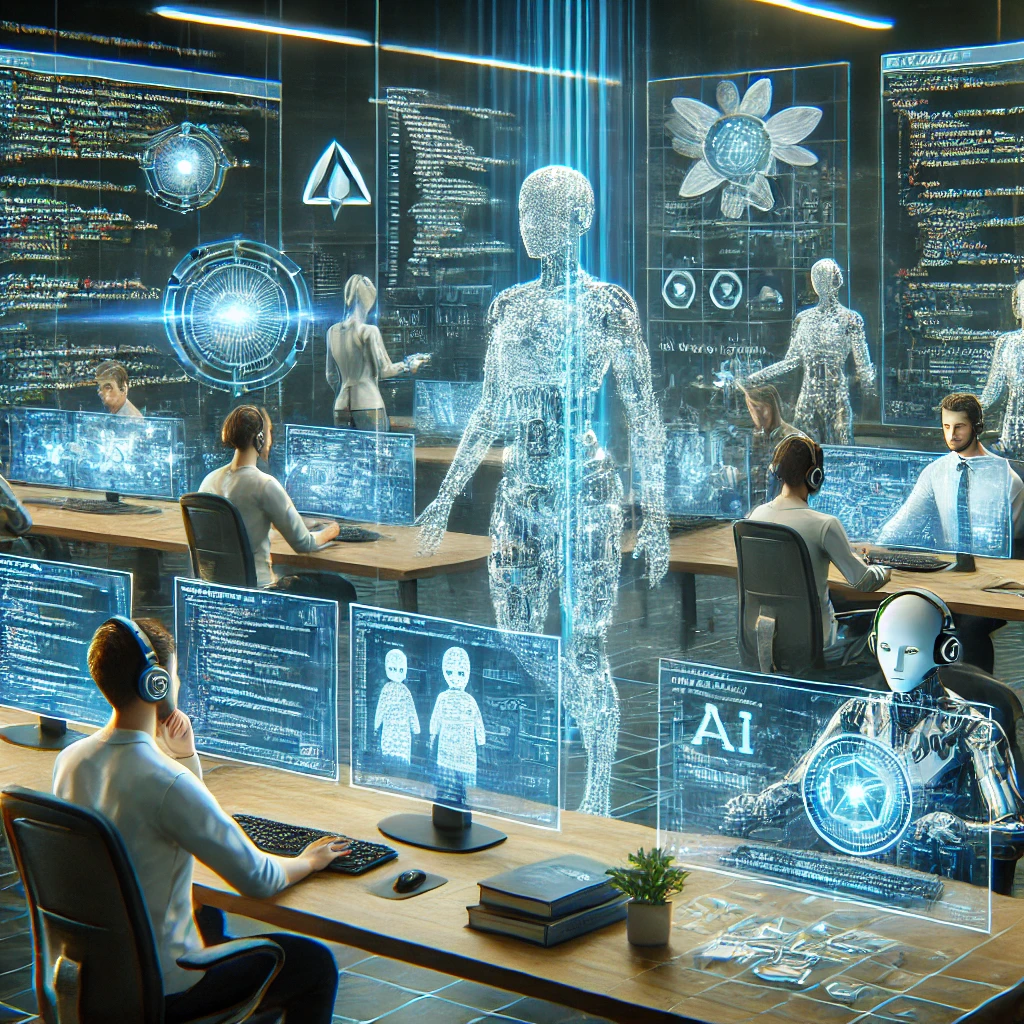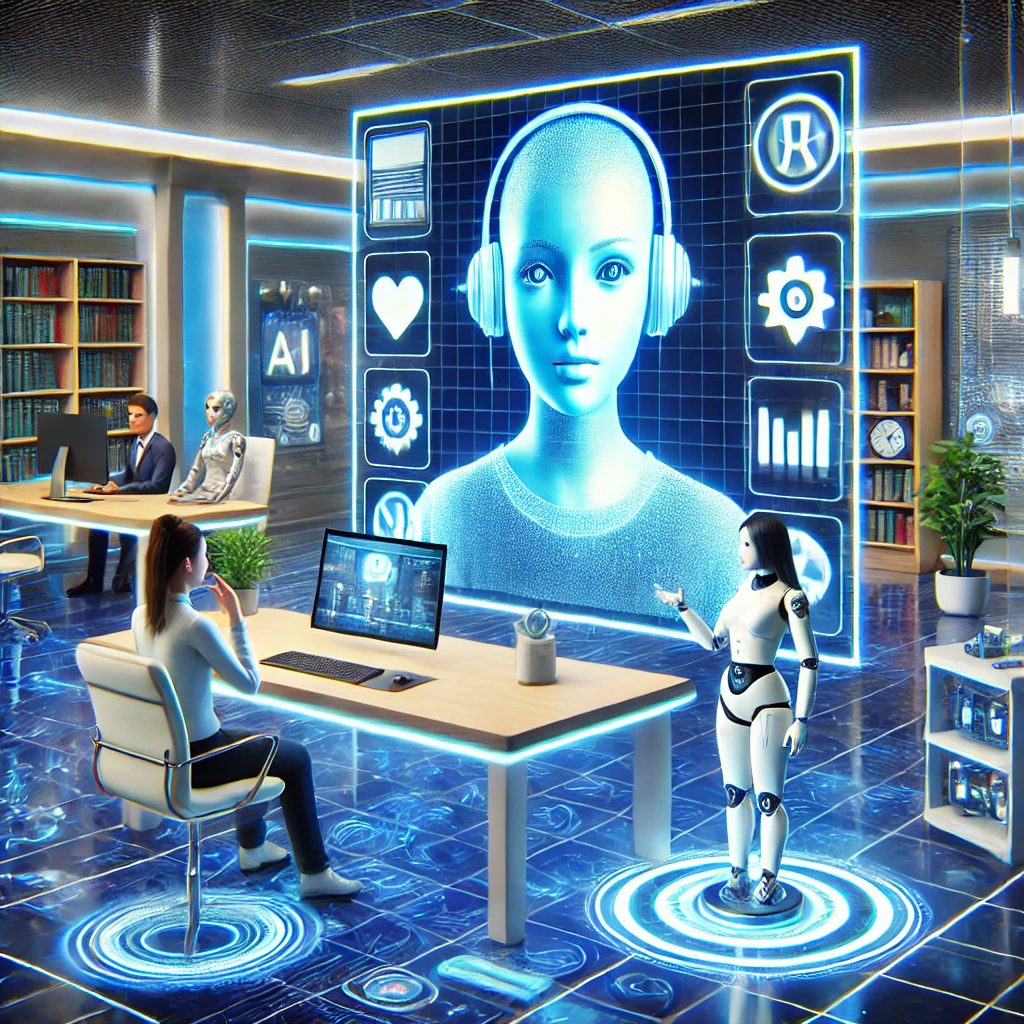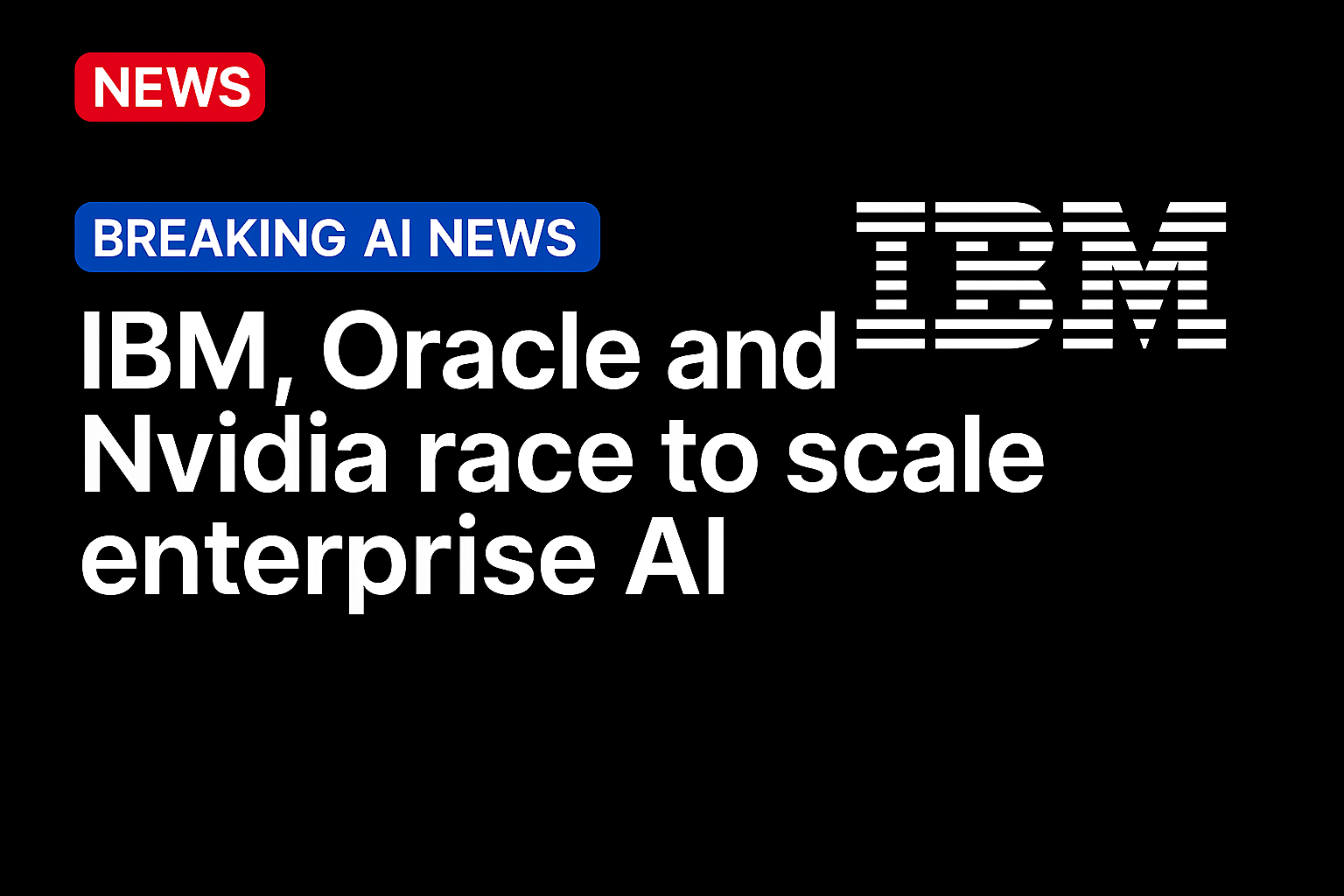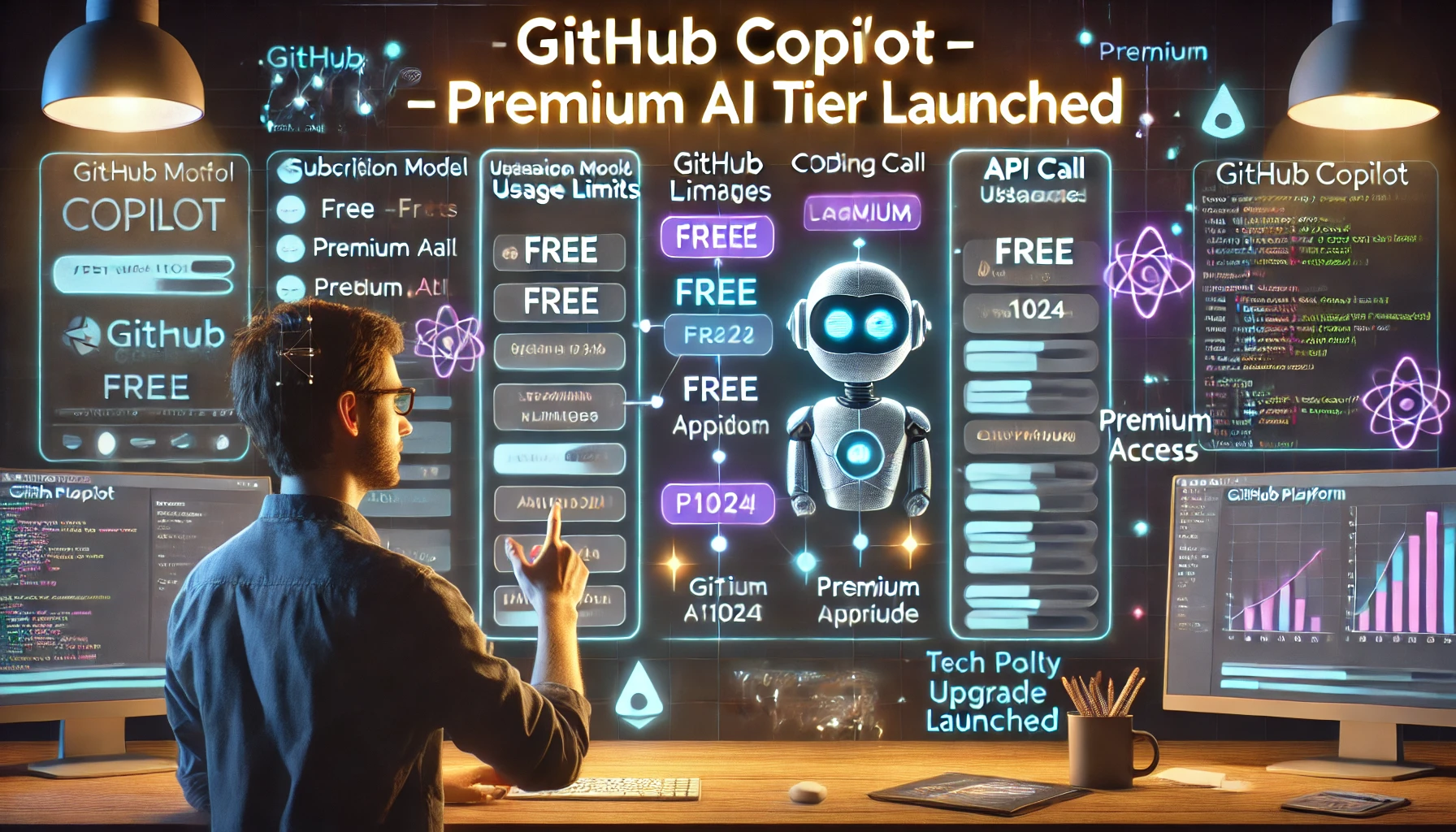The future of software engineering may arrive sooner than expected, as artificial intelligence (AI) continues to evolve from a tool that assists developers into a fully-integrated partner in the coding process. AI-native software engineering—the concept of AI systems autonomously generating, debugging, and optimizing code—is emerging faster than many in the industry realize, and it promises to revolutionize how applications are built.
AI’s Growing Role in Development
While AI has already proven its worth in automating repetitive tasks like code suggestions, error checking, and refactoring, its capabilities are rapidly advancing. AI systems are now being developed to perform more complex roles, such as:
- Autonomous Code Generation: AI-powered platforms can now generate functional code based on high-level descriptions from developers, speeding up the software creation process.
- Real-Time Optimization: AI systems can analyze code performance in real-time, suggesting more efficient algorithms and solutions without developer input.
- Debugging and Error Resolution: Advanced AI tools are becoming increasingly adept at detecting and fixing bugs, minimizing the time spent troubleshooting.
As AI tools learn from massive datasets of existing code, they become better at understanding coding patterns and creating reliable solutions, narrowing the gap between human and machine programming capabilities.
Collaborating with AI in Real-Time
The next leap forward is the concept of AI-native development environments, where human developers and AI work together seamlessly. These platforms, equipped with sophisticated machine learning algorithms, will assist developers at every stage of the development lifecycle—from initial design to deployment.
Developers will no longer be limited to using AI as a secondary tool but will collaborate with AI as a co-creator, receiving suggestions and optimizations while maintaining control over high-level decision-making.
Challenges and Opportunities Ahead
While the prospect of AI-native software engineering is exciting, it also presents challenges. There are concerns about job displacement, the potential for AI to introduce new kinds of bugs or vulnerabilities, and the question of who is responsible for code generated by machines.
However, experts believe that rather than replacing human developers, AI will act as a powerful assistant that enhances human creativity and productivity. The shift towards AI-native development will likely free up developers to focus on more innovative and strategic aspects of software creation, while AI handles the more tedious coding tasks.
A Future Closer Than Expected
The rise of AI-native software engineering may be closer than many anticipate. As AI technologies become more advanced, the line between human and machine programming will continue to blur, creating new possibilities for faster, more efficient, and more collaborative software development.
For developers, staying ahead of this trend will be crucial. Embracing AI as a collaborative partner rather than viewing it as a threat will unlock new opportunities and position them at the forefront of the next wave of technological innovation.
This article explores how AI-native software engineering is transforming the industry, highlighting its potential to revolutionize the coding process while raising important questions about the future of development roles.





